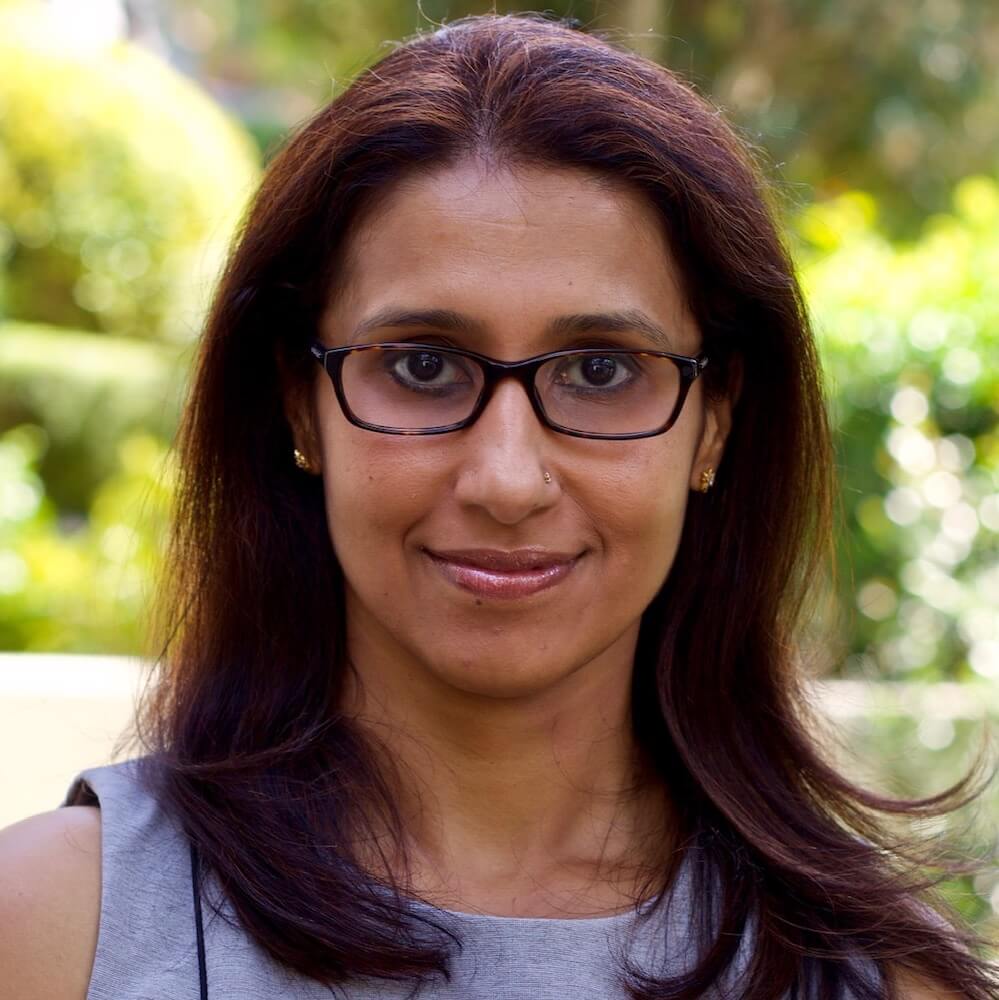Heavy Menstrual Bleeding
Published 23rd February 2022 | Dr Ujwala Parashar
Heavy menstrual bleeding (previously known as menorrhagia) is a problem that is believed to affect 20 - 25% of women who menstruate; most commonly in the 30 – 50 year age group.
What is considered a normal period?
How do you determine if you have heavy menstrual bleeding?
What causes heavy menstrual bleeding?
Is heavy menstrual bleeding serious?
How do you determine if you have heavy menstrual bleeding that requires further treatment?
Management and treatment of heavy menstrual bleeding
When is surgical treatment recommend?
When should you seek treatment for heavy menstrual bleeding?
Dr Ujwala Parashar, Obstetrician & Gynaecologist
Dr Ujwala Parashar is a highly trained female obstetrician and gynaecologist with over 15 years of professional experience and training, practicing in Sydney's North Shore and Barangaroo. If you would like more information on conception, or if you are seeking obstetric options and advice, please contact us or call 1300 811 827 to arrange a consultation with her.

